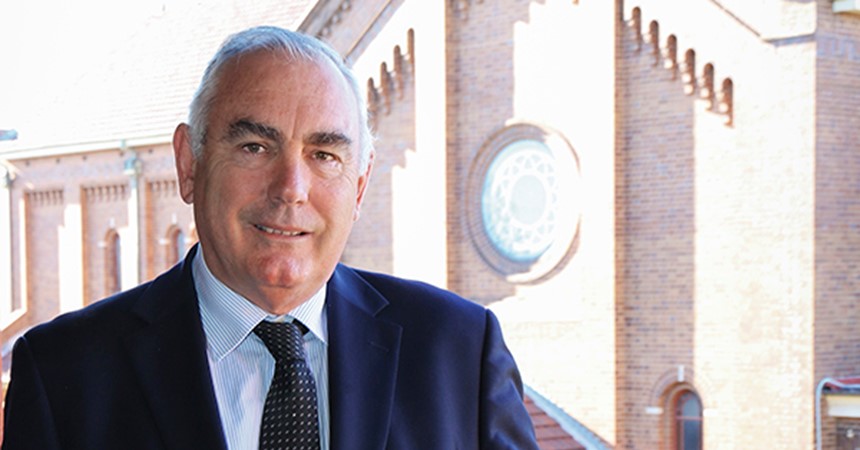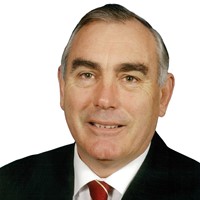Hence, we tend to be rather literally minded and rely less on our imagination.
This can pose some problems when we are exposed to the miracles of Jesus as recorded in the Gospels. Jesus was a Rabbi and Rabbinical rhetoric was full of pithy sayings and short stories. An example of this might be when Jesus was invited to visit the home of Simon the Pharisee.
At Simon’s house Jesus was confronted with icy hostility when a “sinner” anointed his feet; so he told a parable. The parable was a simple one that spoke of two men in debt but disproportionately so. One owed 500 denarii the other only 50. Both debtors were forgiven. “Now which of them will have the greater love for the one who forgave them?” Jesus asked the host. Simon, the Pharisee, is not directly challenged, instead, he is invited to use his imagination.
I suppose that if we use our imagination, Jesus is saying something to us about the “sinner” who came to anoint his feet. Maybe he wanted us to imagine how love never takes notice of other people’s weaknesses; if we have particular strengths of character, we should use them for the benefit of other people and not to gain advantage of them.
This is particularly relevant when parents and teachers are dealing with emerging young people. The advantage we have as adults, with our accumulated experience of life’s failures and successes, should be used always in a positive, nurturing way. Our lives should, in some way, be an inheritance to our children to enhance and enrich them, to provide confidence and develop self-esteem.
“Blessed are the merciful……”
The “merciful are those who
give love to others
even when it is not earned.
They will find that God’s love too,
comes without strings attached.
“Blessed are the peacemakers……”
The “peacemakers” are those who can
reconcile differences between people
without destroying the difference or
the people.
They themselves will find peace, the
peace they offer to others.
Peace and Best Wishes.

